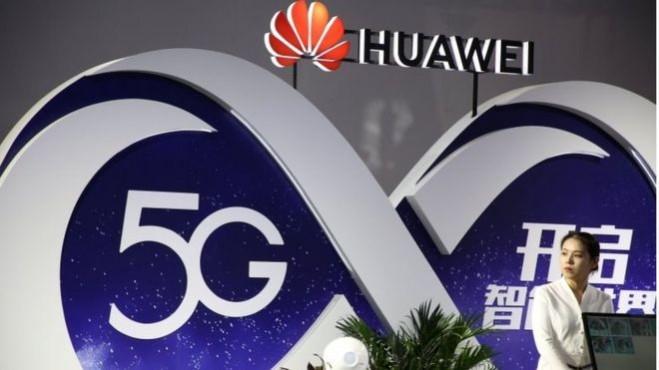
Prime Minister Narendra Modi's government may seize the initiative to lead the world on the 5G technology platform by partnering telecom equipment maker Huawei. US President Donald Trump has banned the Chinese giant citing national security concerns and warned allies and other nations not to allow Huawei. Trump has also threatened to blacklist companies selling or supplying US-origin technologies or products to Huawei or its associates.
Huawei has said it is ready to sign "no back door" agreement with the Indian government to discourage espionage, and urged the government to enter into similar agreements with other makers of telecom equipment. The Modi government has been watching the developments closely though Telecommunications Minister Ravi Shankar Prasad said earlier that the government has not taken any decision regarding Huawei participation in 5G trials. The minister had said the 5G trials would start in a short while followed by spectrum sales.
"We are proposing to the Indian government that we are ready to sign "no-back door" agreement. We encourage other OEMs (original equipment manufacturers) also to sign this kind of agreement with the government and telecom operators," a PTI report said quoting Huawei India CEO Jay Chen. "Back door" in technology products refers to an arrangement with the government or with any third party to share data in an unauthorised manner with mala fide intention.

The telecom department had come up with security guidelines in 2011 to certify equipment that telecom operators install in their network to ensure they are free from malicious software. Under the guidelines, telecom companies face hefty fines for failing to ensure compliance with the law. However, the government has not set up the labs needed to examine security issues in the hardware and software that telecom providers employ.
The US government's allegations are based on its interpretation of the law in China that warrants its companies to share data with the country's intelligence for national security. Chen claimed that Huawei had researched Chinese law on its own and with the help of big legal firms based in the US, UK, and Australia, the report says.
"They did some comparison. The Chinese intelligence law says that citizens and companies are supposed to cooperate if there is some national security threat but they never asked to share data or cooperate for state spying. Similar laws exist in the US, UK, Australia, and India too," according to Chen.
Indian telecom service providers Bharti Airtel and Vodafone Idea extensively use equipment that Huawei has supplied. With the introduction of 5G, more networks may have to install the Chinese company's equipment, according to sources. Some officials in the Indian government believe that Huawei has been caught in the escalating US-China trade war.

















